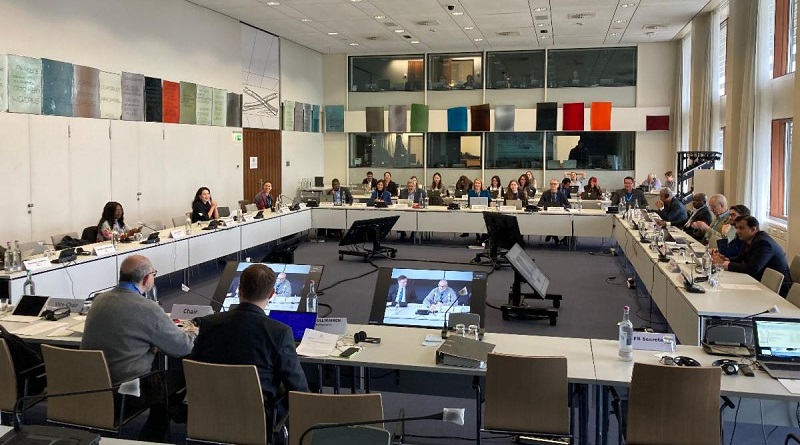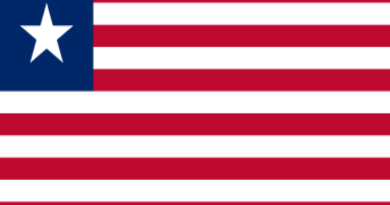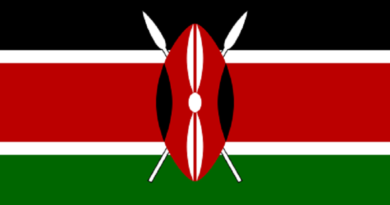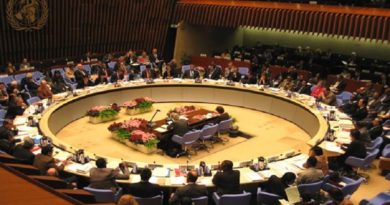Adaptation Fund Board approves implementation plan for new 5-year strategy, greenlights $74m in new projects
The Adaptation Fund Board approved the implementation plan for the Fund’s new 5-year strategy as well as set a resource mobilization target of US$ 300 million for 2023, among other key decisions at its 40th meeting held in Bonn, Germany from March 23-24.
The new medium term strategy (MTS) is based on the pillars of Action, Innovation, and Learning and Sharing and contains six cross-cutting features, with locally led action and scaling up effective actions being two new elements that build on the Fund’s previous 5-year MTS.
As the Fund continues to receive record demand for its work with an active project pipeline upwards of US$ 380 million, the implementation plan builds on several additional funding windows in areas such as enhanced direct access, innovation, learning, scaling up and empowering local actors as agents of change that go beyond the Fund’s regular country funding levels and proved successful in the first MTS. The plan will include annual administrative budgets and a mid-term review to be undertaken by the Fund’s independent Technical Evaluation Reference Group.
The new resource mobilization target this year contains two aspects, to reach US$ 300 million in new pledges and to eclipse the number of contributors from last year (a record 18).
The target is well-aligned with the record growth the Fund has undergone over the last two years, raising nearly US$ 600 million in new funding while facing continual record demand for adaptation projects from the vulnerable countries it serves. It also reflects the adaptation urgency and greater pace and scale of climate action called for in the 6th assessment synthesis report just released by the Intergovernmental Panel on Climate Change on March 20.
Among other decisions, the Board green lighted 11 new projects for funding totaling US$ 73.6 million and endorsed another 15 concepts and pre-concepts while approving US$ 365,000 in project formulation grants to implementing entities to develop the projects further.
“We had a very productive meeting thanks to the efforts of all the Board’s members and the excellent preparation by the Fund Secretariat. The implementation plan of the Adaptation Fund’s new five-year strategy sets the Fund on an ambitious path to accelerate the adaptation response to climate change, and is appropriate as we can see from the record demand the Fund is continually facing,” said Antonio Navarra, of Italy, the Board’s new Chair. “The new strategy uniquely positions the Fund through its localized and scalable actions and innovative modalities to help quicken the pace and grow the scale of the adaptation response. We also greenlighted 11 new projects that will further concrete adaptation actions on the ground in vulnerable countries.”
AF’s new Board Chair Mr. Antonio Navarra (c), with Vice Chair Lucas di Pietro (r) and AF Head Mikko Ollikainen (l)
“The Adaptation Fund remains on the cutting edge of adaptation being the pioneer of Direct Access early on, and continues to innovate and adapt and provide new opportunities for countries, as we find ourselves in a race against the deepening climate urgency,” said Adaptation Fund Head Mikko Ollikainen. “We also reached the milestone of 150 approved concrete projects on the ground. These included the Fund’s first single country projects in Cote d’Ivoire, Montenegro and Nauru, its first regional project in west-central African small island developing states, and its first large innovation grant in Viet Nam.”
The Board underwent its annual change of leadership at the onset of the meeting, with Navarra assuming the helm from outgoing Chair Mr. Albara Tawfiq, of Saudi Arabia. Lucas di Pietro, of Argentina, was elected as Vice-Chair, taking over Navarra’s former position which he served in over the last year.
Tawfiq oversaw a successful year in which the Fund adopted the new MTS last October, raised US$ 243 million in new pledges while celebrating the 15th anniversary of its launch at COP27 in Egypt, and led the Fund’s first ever side event and annual performance report in Arabic. “I would like to thank Albara for his service,” said Navarra at the beginning of the meeting. “He was very effective, efficient and we worked very well together.”
Further decisions included raising yearly funding for regional proposals from US$ 60 million to US$ 100 million, and agreeing to invite additional implementing partners to expand the Fund’s AFCIA partnership (Adaptation Fund Climate Innovation Accelerator). Current partners include UNDP, UNEP and CTCN, and the Board agreed to additionally invite the Pacific Community, SPREP, UNEP, UNIDO, and World Food Programme to submit proposals of various funding amounts to join the program, which disburses small grants for innovative adaptation projects to a wide range of stakeholders, including local governments, CSOs, young entrepreneurs and others.
The Board agreed that the Fund will continue discussions with the Green Climate Fund to advance collaborative actions such as synergies in programming, monitoring, evaluation, learning and outreach. It also advanced steps to update its vision and potential activities of engagement with CSOs.
Projects approved include those in:
Cote d’Ivoire to be implemented by FIRCA for US$ 4 million to strengthen climate resilience of smallholder farmers with proven innovative technologies and practices;
Nauru by the Pacific Community for US$ 8 million to build resilience of coastal fisheries and aquaculture;
Papua New Guinea by the Pacific Community for US$ 10 million to improve food security through adaptation of small-scale agriculture;
Mongolia by UN-Habitat for US$ 7.96 million to build resilience in the Ger community;
Montenegro by the International Fund for Agricultural Development (IFAD) for US$ 10 million to adapt and build climate resilience in mountain areas;
* a regional project in Cabo Verde, Guinea Bissau, Sao Tome and Principe for US$ 14 million by IFAD to build resilience of agricultural systems in west and central African small island developing states;
* a regional project by UN-Habitat in Cote d’Ivoire and Ghana for US$ 14 million to improve resilience of coastal communities;
* a large innovation grant in Viet Nam for US$ 5 million by IFAD to innovate financial incentives for adaptation in wetland livelihoods;
* a small innovation grant in Indonesia for US$ 250,000 by Kemitraan to develop a climate-smart community system to increase climate resilience for the Saddang watershed communities;
* a small innovation grant in Indonesia for US$ 250,000 by Kemitraan to build climate and economic resilience by developing a sustainable adaptation-based coffee and tourism village; and
* a small learning grant in Peru for US$ 150,000 by Profonanpe to facilitate learning and sharing in adaptation.
The Montenegro project and the regional project in Cote d’Ivoire and Ghana were temporarily waitlisted to give priority to national implementing entity projects under Direct Access, which are required to compose 50% of the portfolio according to Fund policy.




